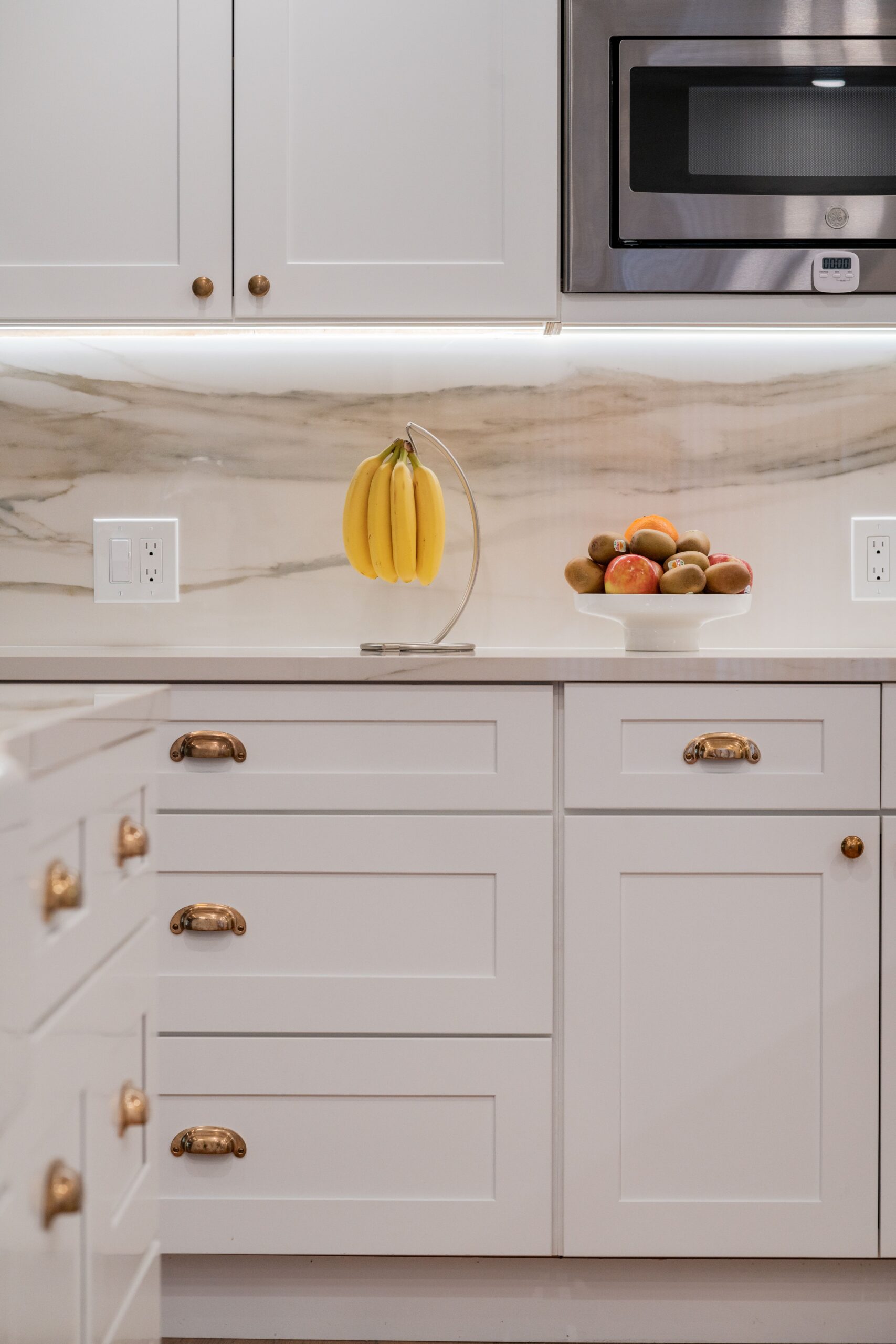The basement provides ample opportunities to expand the home's livable square footage and add value to the property. It offers a blank canvas for creativity, enabling homeowners to design and customize the space according to their unique preferences and needs.
One crucial aspect of basement finishing is insulation. Properly insulating the basement ensures a comfortable environment by regulating temperature and reducing noise transmission from upstairs. Insulation materials like fiberglass or foam boards are often used during this stage.
Next comes plumbing installation, which may seem unlikely in a basement setting. However, including plumbing facilities such as sinks or bathrooms can greatly enhance the functionality and convenience of the finished space. This addition requires careful planning and professional expertise but opens up possibilities for diverse uses.
Electrical wiring is another essential element of basement finishing. While it might be considered improbable due to limited natural light sources in basements, proper lighting fixtures and electrical outlets are necessary for creating an inviting atmosphere and accommodating various appliances or electronic devices.
Flooring options play a significant role in transforming basements into habitable areas. While carpeting may be perceived as less likely due to potential moisture concerns, there are waterproof alternatives available that make it feasible for basement applications. Other choices like laminate, vinyl, or tile also offer durability while providing aesthetic appeal.
Lastly, selecting appropriate wall finishes contributes to the overall aesthetics of a finished basement. Traditional drywall might not be considered probable due to its vulnerability to moisture damage; however, new technologies have introduced moisture-resistant drywall options suitable for below-ground spaces. Additionally, paneling or decorative wallpapers can add character without compromising on practicality.
In conclusion, basement finishing represents an opportunity for homeowners to unlock hidden potential within their homes by transforming unused spaces into functional extensions of their living areas. While some aspects may seem improbable at first, with careful planning and professional guidance, a basement can be converted into a valuable asset that enhances both the livability and value of a property.
